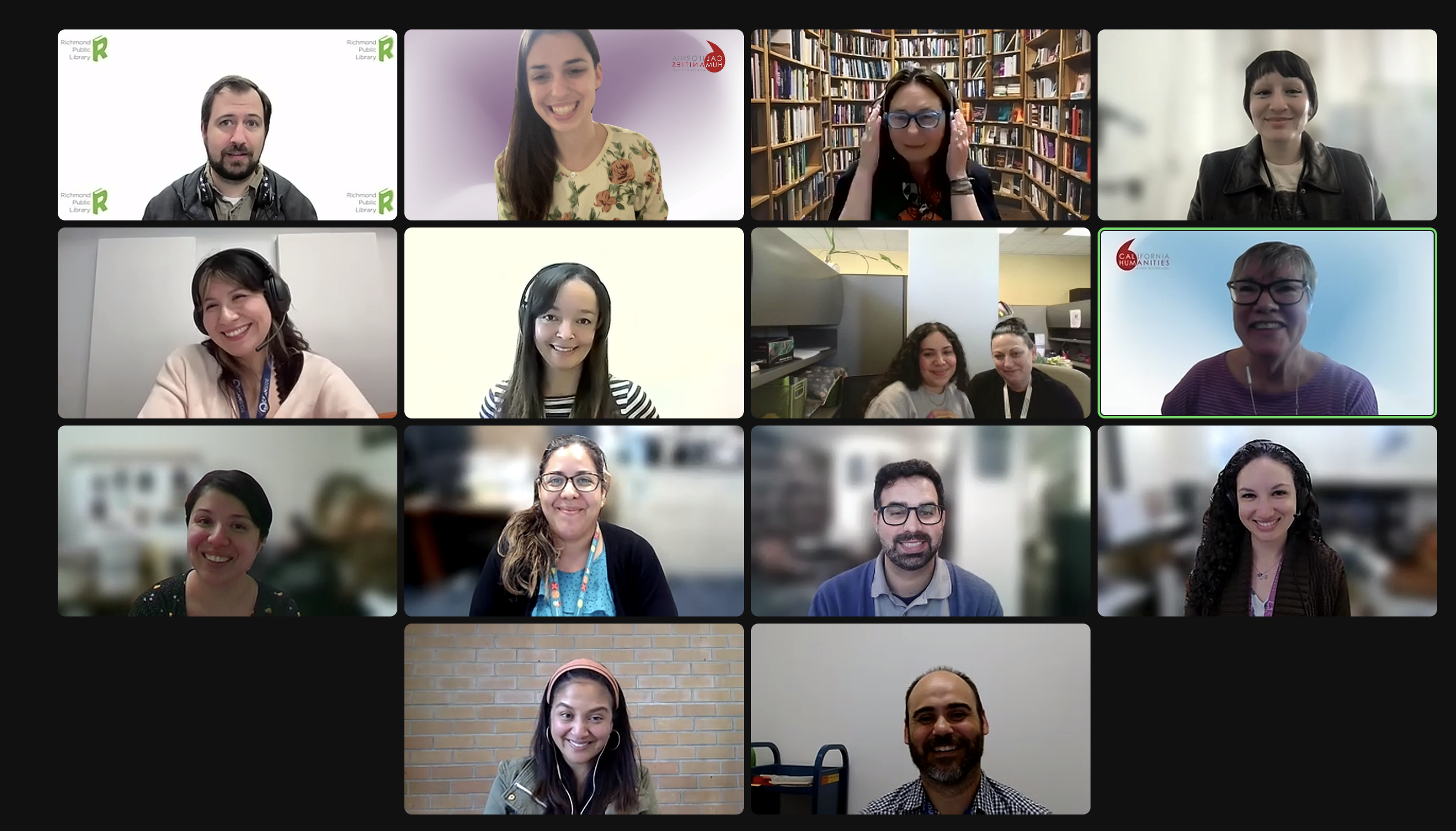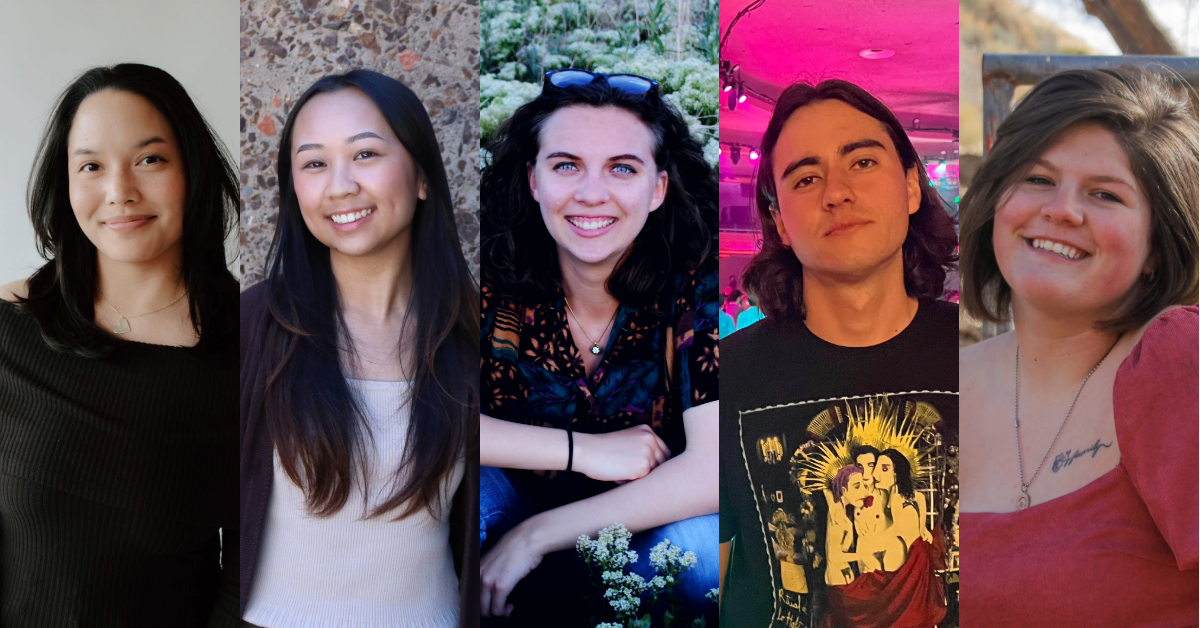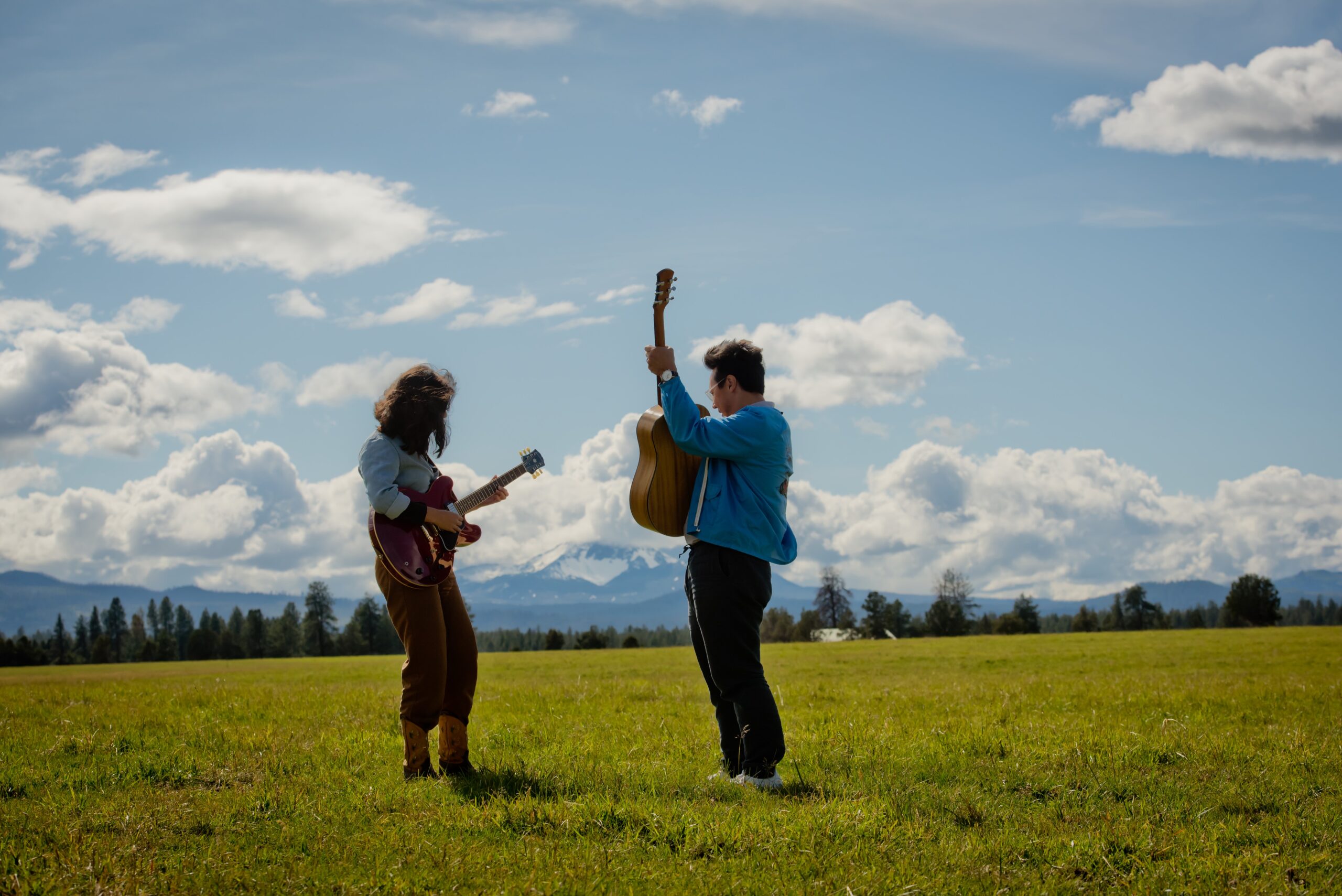We tend to think that both democracy and diversity are good things; many of us even say that diversity is a strength.
But others have argued that our polyglot nation is too big, too complex–simply too diverse–to boast a healthy and vibrant democracy. Zócalo editor and Center for Social Cohesion fellow Joe Mathews opened a Zócalo/California Humanities “Searching for Democracy” event by asking three social scholars and thinkers which side is right.
Michael Barone, author of The Almanac of American Politics, told the crowd at the Barbara and Art Culver Center of the Arts in Riverside that their city “is emblematic of America”: rising diversity has coincided with a decrease in political participation and perhaps political efficacy. “Diversity is in some tension with democracy,” said Barone. But this problem has existed for 200 years; the Civil War was the result of different regional belief systems and customs. In the past, we’ve dealt with these tensions by limiting the role of the federal government and organizing in voluntary associations, said Barone. To the extent that we’ve removed limits on government and discouraged voluntary associations, tension between diversity and democracy has increased.
Richard Alba, a scholar of immigration at the City University of New York, said that he believes diversity has brought a lot of benefits to American democracy. Diversity has given us cultural leadership in the world, and has altered the nation’s political culture. “The genius of American democracy, up until now at least, has been in its ability to bring new groups into the political mainstream,” Alba said, pointing to the current presidential contenders: a half African-American candidate running with a Catholic, and a Mormon running with another Catholic. America today, said Alba, has a nondenominational public culture. But the big question going forward is if “we [are] going to be able to open up the mainstream for the newer groups” as effectively as we did in the past.
Cal Humanities and Zócalo Public Square joined forces, bringing top public thinkers to communities across the state to explore issues vital to our democracy.




